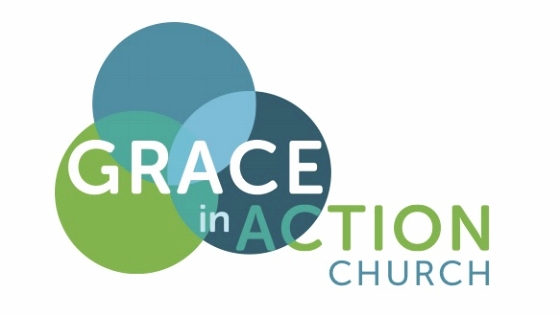FROM GUILT TO TRANSFORMATION: Re-imagining Lent
Suffering. Guilt. Pain. Death. These have for so long been the first things I think of when I hear the word “Lent”. “A time to shame ourselves for how terrible we are”, was my basic understanding of this season for most of my life.
Does this sound familiar to anyone else? I think Lent has been officially labeled the biggest downer of the year. And why is it so darn long? In our lives, we already have to face so many challenges; feelings of regret and shame; depression and hardship. Why on Earth do we need to chastise ourselves even harder for 40 days straight?
What I want to say to you today, is that Lent is not actually about ANY of those things I just mentioned. Instead, it is about one thing: TRANSFORMATION.
In the gospel today, Jesus gives very specific instructions about how to pray, how to fast, and how to give alms. But behind all the detail of his instructions, there is one central purpose. He is calling them back from a life centered on themselves, to a life centered on each other.
Between heavy taxes enforced by the Romans, and demands for tribute and sacrifice from the religious elites, the people of Israel were under extreme financial pressure. Under all this pressure, people had abandoned the values and teachings that they had inherited from their ancestors, and had adopted an “every man for himself” attitude. Everyone was trying to get a one up on everyone else, even to the point of trying to prove something by how well they prayed, how much money they gave to beggars, or how long they fasted. These practices, which had originally been created as a means to benefit the whole community, had been turned into a means of self-promotion.
But Jesus saw this, and he cut through all of it and instructed his followers to the opposite; in essence, to turn their behavior around. Instead of make a big deal about how great they were, so they could get social and economic benefits, he told them to do things in secret, so that it COULDN'T be about themselves – it could only be about God and others. And at the end, he laid out for them a clear vision of what a fully restored and healed community would look like: one where everyone had enough bread to each; people forgave each other's debts; and instead of bring each other to judgment, they would treat each other with love and generosity.
In a moment, we will come forward to receive ashes on our foreheads. But the ashes aren't just something we do every year, because we are “supposed to”. They are a reminder of our own impermanence, that the selves we work so hard to serve and promote will one day return to the earth from which we came, and provide nutrients to the soil, so new life can be born. This lent, I challenge you to forget about all of that guilt, shame, and suffering stuff, and reflect on the prayer Jesus taught us. Rather than looking out for ourselves, how can we look out for each other? How can we make it so that others around us have enough to eat? That they can be free from debt? How can we stop judging and condemning others, and begin to embrace each other with love?
It is only by shifting our focus from inward to outward that we can truly be freed from the guilt, shame, pain, or regret that can bind us and limit us. In teaching us to love each other, Jesus shows us how we can truly be free. Amen.
